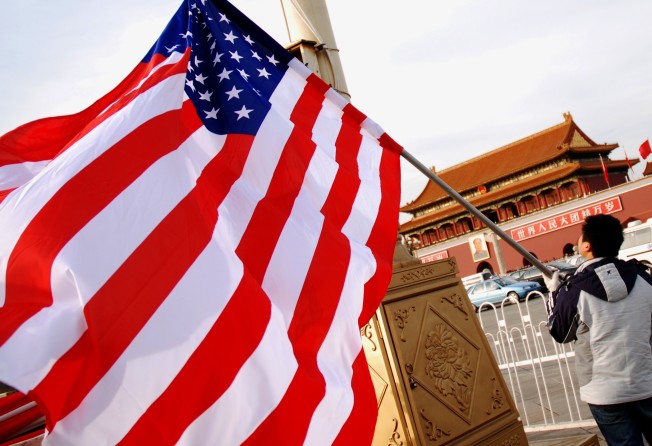
Jobs, investment, political asylum: how fugitive Chinese officials enter US
Immigration experts say there are various ways that corrupt officials can establish their families and wealth abroad to start new lives

Family, employment and investment are some of the ways that corrupt Chinese officials might have made their way into the United States, according to legal experts.
China's anti-graft watchdog announced on Wednesday that 40 suspects on a list of 100 wanted fugitives were believed to be hiding in the US.
The Central Commission for Discipline Inspection released the detailed list as a part of its "Sky Net" anti-corruption operation. The fugitives have been placed on Interpol "red notices" that seek the location, arrest and extradition of each suspect.
The authorities believe another 26 suspects are in Canada. The third most popular destination is New Zealand, with up to 20 fugitives, followed by Australia, Singapore, and Thailand.
"Chinese are the second-largest group of foreigners immigrating to the US," said Gary Chodorow, an immigration attorney in Beijing. "They obtain their visas through family who are US citizens or permanent residents, or employment, investment or even political asylum."
Chodorow said the suspected officials may have been able flee abroad because many of the 100 on the list had not been officially convicted of any crime.
"They are suspected of economic crimes," he said. "If a Chinese person has been officially convicted of corruption, and the Chinese government shares that information with the US, he or she will not be granted a visa."
Most of the 100 fugitives are suspected of corruption, taking bribes, embezzling public funds and money laundering.
"[The fugitives] may also be seeking protection in countries that don't have extradition treaties with China," said Jean Francois Harvey, a Hong Kong-based immigration law expert.
None of the top four destinations have extradition treaties with China due to torture and death penalty concerns.
"Even if there was an extradition treaty, the [repatriation] process would be very rigid and complicated, following a long legal process," Harvey said.
Zhao Shilan, the ex-wife of the former director of a government grain storage facility in China, was charged along with her ex-husband Qiao Jianjun with money laundering and immigration fraud by US authorities. A US prosecutor said Zhao may be deported to China.
"It is hard for someone from China to immigrate to the US legally, because of the long backlog of Chinese applications in most green card categories and the extensive criminal background and security checks the US runs on all green card applicants," said Stephen Yale-Loehr, a professor of immigration law at Cornell University.
